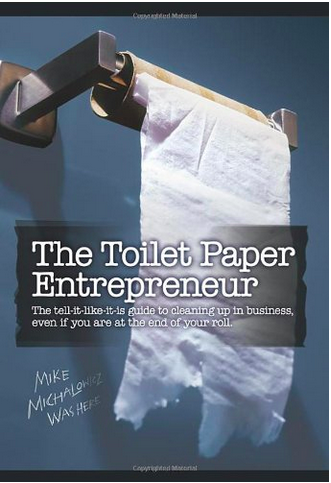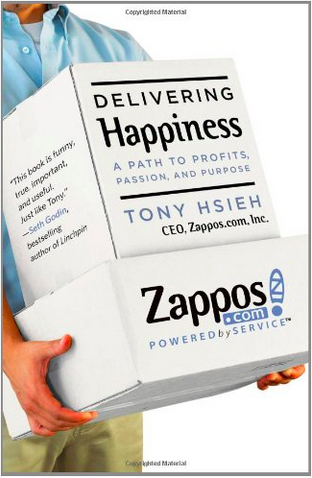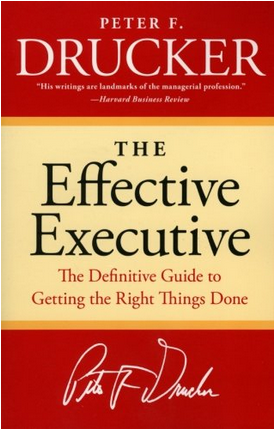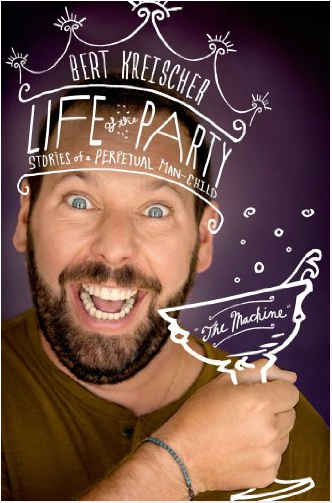Unbeatable Mind by Mark Divine
For this book, I’m piggybacking off of Philosopher’s Notes’ book summary. 1. First Premise Win first in your mind and then on the battlefield. An unbeatable mind knows it will win. 2. Starve + Feed In the parable of the two wolves — the wolf of fear and the wolf of courage — which one…




